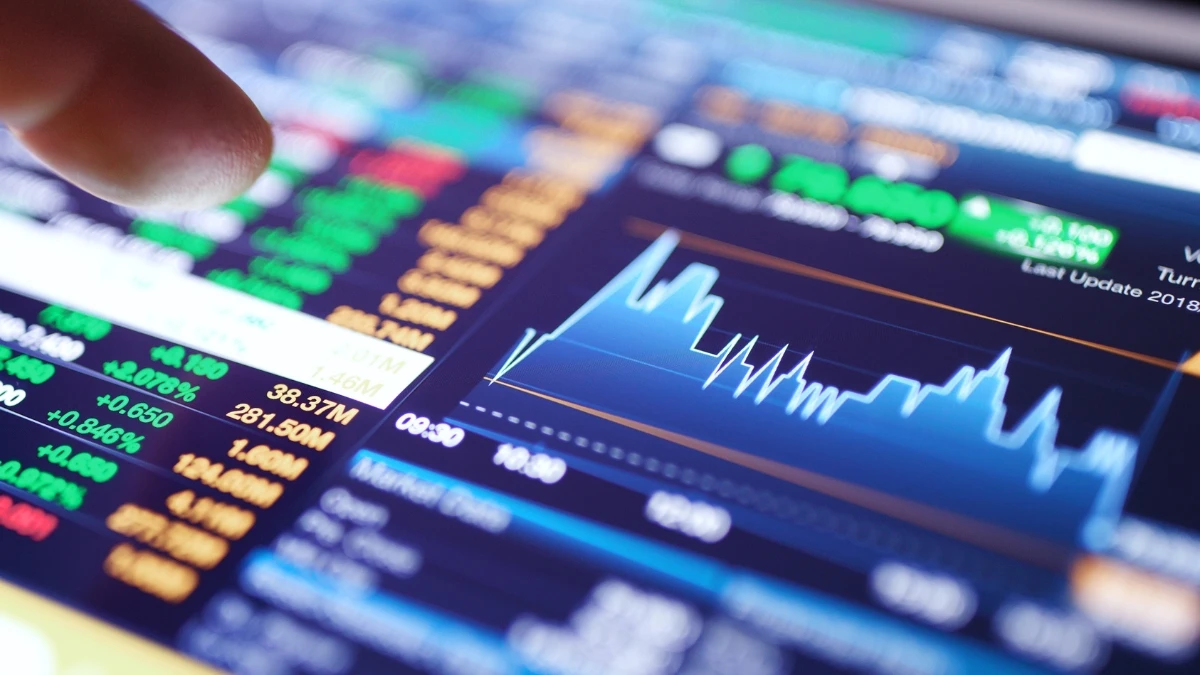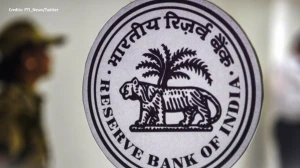Asian shares were mixed on Thursday after most US stocks slipped, as doubts rose on Wall Street about whether the Federal Reserve will deliver economy-juicing cuts to interest rates by September.
Japan's Nikkei 225 rose 0.9 per cent to 41,020.91 after the Bank of Japan kept interest rates steady at 0.5 per cent and raised inflation projections. The move follows Tokyo's trade deal with Washington.
Hong Kong's Hang Seng index fell 1 per cent to 24,920.67, while the Shanghai Composite Index slid 0.7 per cent to 3,588.73.
In Seoul, the Kospi edged down 0.3 per cent to 3,244.40 after South Korea reached a 15 per cent tariff deal with the US, with no levies on American goods like cars, trucks and farm products. The deal also includes South Korea's purchase of USD 100 billion US energy imports and USD 350 billion worth of investments in the US.
Australia's S&P/ASX 200 shed 0.1 per cent to 8,743.80. India's BSE Sensex added 0.2 per cent to 81,481.86. Taiwan's TAIEX rose 0.4 per cent to 23,551.92.
Rabo Bank, citing the US trade deals with other countries, including Bangladesh, said in a commentary that “it appears to be only a matter of time before India agrees to terms to ensure that it retains favourable access to the US market and all of those other markets that (US President Donald) Trump has demonstrated he has the power to direct through economic coercion.” Rabo added that the terms of a US-India trade deal would almost certainly include Indian purchases of US arms and energy products and preferential access to US agricultural goods.
“A potential loser in all of this is Australia. With the US sending more wheat to Indonesia and Bangladesh and more LNG to Japan and South Korea, Australian exports stand to be displaced from their traditional markets,” it added.
Trump on Wednesday announced a 25 per cent tariff on imports coming from India, along with an additional tax because of India's purchases of Russian oil, beginning on August 1.
That's when stiff tariffs Trump has proposed for many other countries are also scheduled to kick in, unless they reach trade deals that lower the rates. But the US president said the two countries were still in negotiations.
On Wall Street on Wednesday the S&P 500 edged down by 0.1 per cent, coming off its first loss after setting all-time highs for six successive days. The Dow Jones Industrial Average dropped 171 points, or 0.4 per cent, and the Nasdaq composite rose 0.1 per cent.
Stocks felt pressure from rising Treasury yields in the bond market after the Federal Reserve voted to hold its main interest rate steady. The move may upset Trump, who has been lobbying for lower interest rates, but it was widely expected on Wall Street.
Fed Chair Jerome Powell may have surprised investors by pushing back on expectations that the Fed could cut rates at its next meeting in September. Besides Trump, two members of the Fed's committee have also been calling for lower rates to ease the pressure on the economy, and they dissented in Wednesday's vote.
But Powell would not commit to a September cut in rates, pointing to how inflation remains above the Fed's 2 per cent target, while the job market still looks to be “in balance.” A cut in rates would give the job market and overall economy a boost, but it could also risk fuelling inflation when Trump's tariffs may be set to raise prices for US consumers. The Fed's job is to keep both the job market and inflation in a good place.
In other dealings on Thursday, US benchmark crude oil lost 4 cents to USD 69.96 per barrel while Brent crude, the international standard, shed 13 cents to USD 72.34 per barrel.
The US dollar fell to 148.87 Japanese yen from 149.44. The euro rose to USD 1.1422 from USD 1.1412.
This report includes content sourced from Press Trust of India (PTI), edited for clarity and context.






